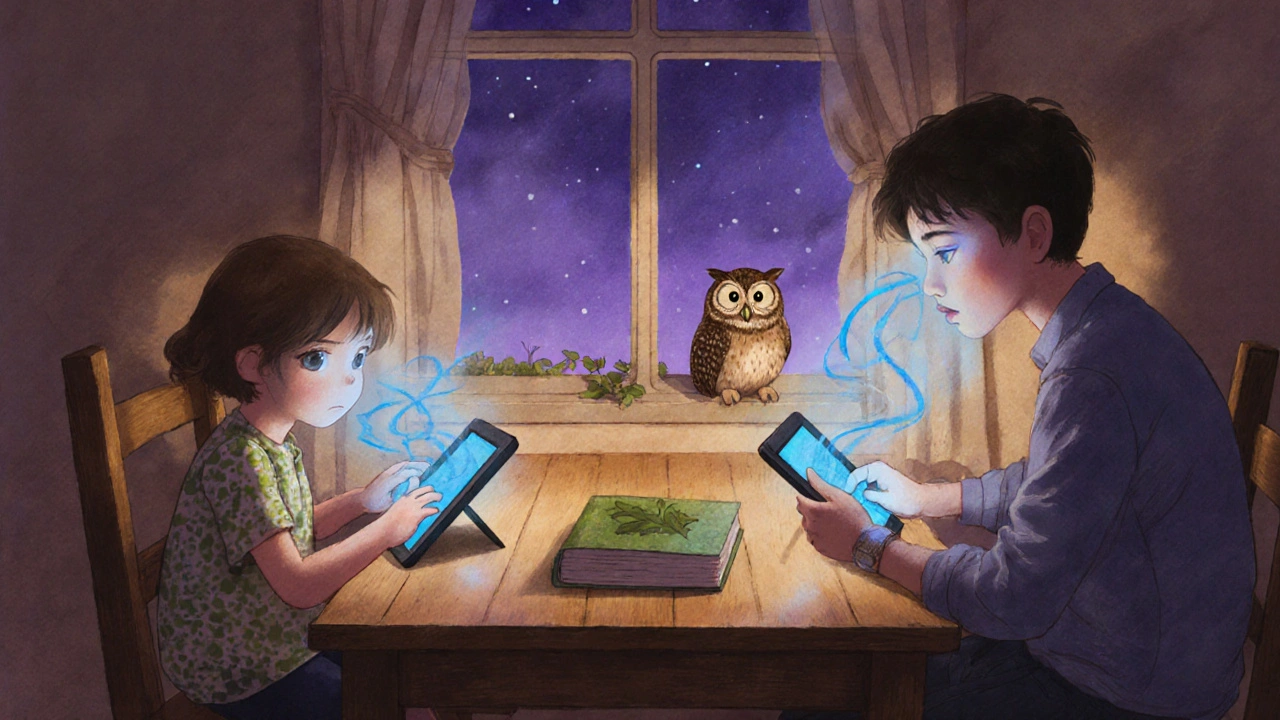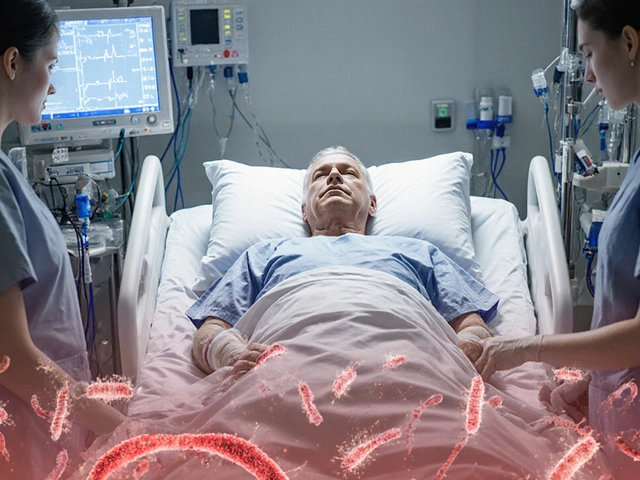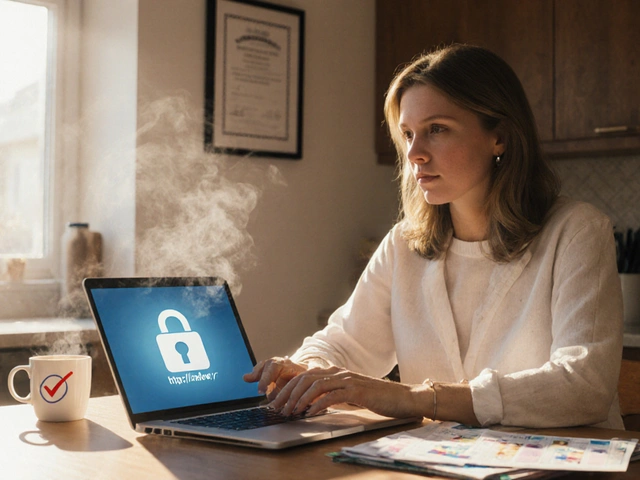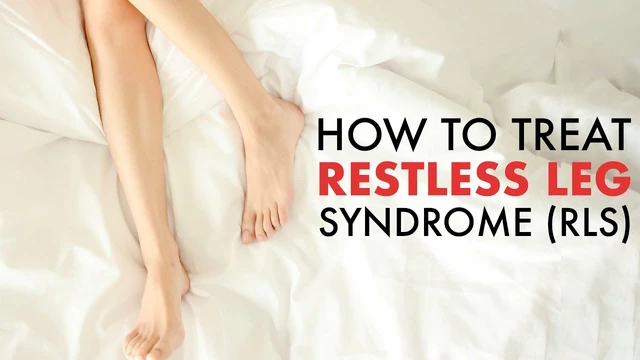Blue Light Glasses: Do They Really Help with Screen Eye Strain?
When you spend hours staring at phones, laptops, or tablets, your eyes often feel dry, tired, or blurry—that’s blue light glasses, special eyewear designed to filter out high-energy visible blue light emitted by digital screens. Also known as computer glasses, they’re marketed to reduce eye strain, improve sleep, and protect long-term vision. But do they actually work, or is it just marketing?
Blue light is part of the natural light spectrum, but screens pump out way more of it than older light sources. This constant exposure can disrupt your circadian rhythm, your body’s internal clock that regulates sleep and wake cycles, especially if you’re scrolling before bed. Studies show that reducing blue light in the evening helps people fall asleep faster and feel more rested. That’s why many users report better sleep after switching to blue light glasses—or using night mode on their devices. But when it comes to eye strain, the science is less clear. The American Academy of Ophthalmology says there’s no strong evidence that blue light damages your eyes, but that doesn’t mean discomfort isn’t real. Most eye strain from screens comes from focusing too long, blinking less, poor lighting, or bad posture—not the light itself.
So who actually benefits? If you’re on screens all day and your eyes feel gritty or achy, blue light glasses might help you feel more comfortable—especially if they’re paired with the 20-20-20 rule: every 20 minutes, look at something 20 feet away for 20 seconds. People with existing dry eye or light sensitivity often notice a difference. And if you struggle to sleep after late-night scrolling, wearing them in the evening could make a real difference. They’re not magic, but they’re cheap, safe, and worth trying if you’re already dealing with screen fatigue. Just don’t expect them to fix everything. Proper screen distance, room lighting, and regular breaks matter more.
Below, you’ll find real-life guides on managing digital eye strain, how to choose the right pair, and what else you can do to protect your vision without spending a fortune. Whether you’re a remote worker, student, or just glued to your phone, there’s something here that’ll help you see clearer—literally.
20
Blue Light and Eye Health: Screen Filters and Habits That Actually Work
Blue light from screens can cause eye strain and disrupt sleep, but permanent damage isn't proven. Learn the real habits - not just filters - that protect your eyes and improve sleep quality.
Latest Posts
Popular Posts
-
 Stinging Insect Allergy: What Venom Immunotherapy Really Does for You
Stinging Insect Allergy: What Venom Immunotherapy Really Does for You
-
 Duloxetine and Liver Health: What You Need to Know About Hepatotoxicity Risk
Duloxetine and Liver Health: What You Need to Know About Hepatotoxicity Risk
-
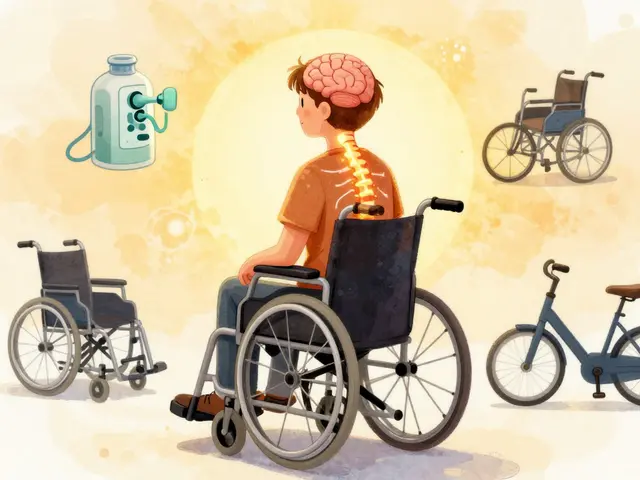 Spinal Cord Injury: Understanding Function Loss, Rehabilitation, and Assistive Devices
Spinal Cord Injury: Understanding Function Loss, Rehabilitation, and Assistive Devices
-
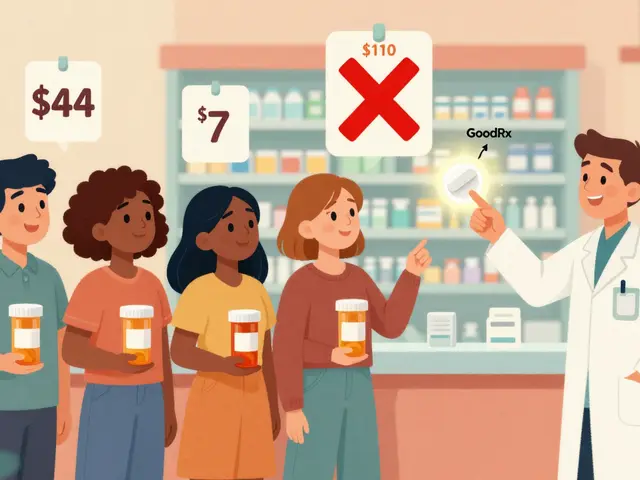 Out-of-Pocket Costs: How Generics Cut Your Drug Bills - and When They Still Hurt
Out-of-Pocket Costs: How Generics Cut Your Drug Bills - and When They Still Hurt
-
 Celiac Disease: Gluten-Free Living and Nutrient Supplementation
Celiac Disease: Gluten-Free Living and Nutrient Supplementation
